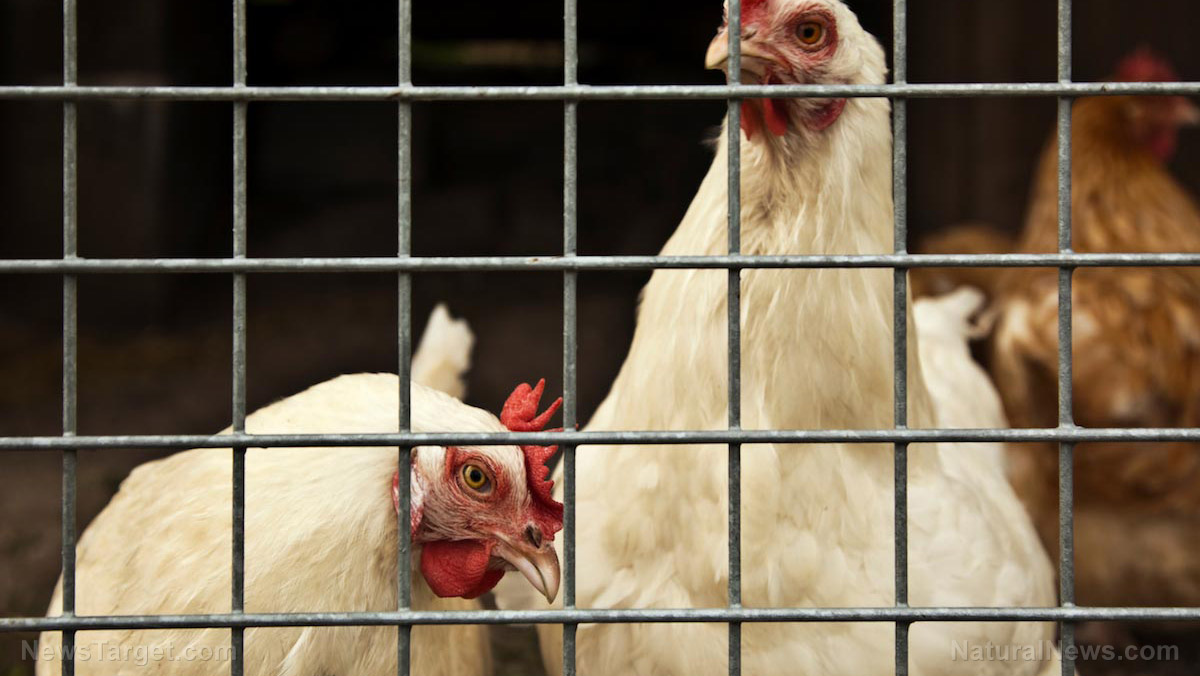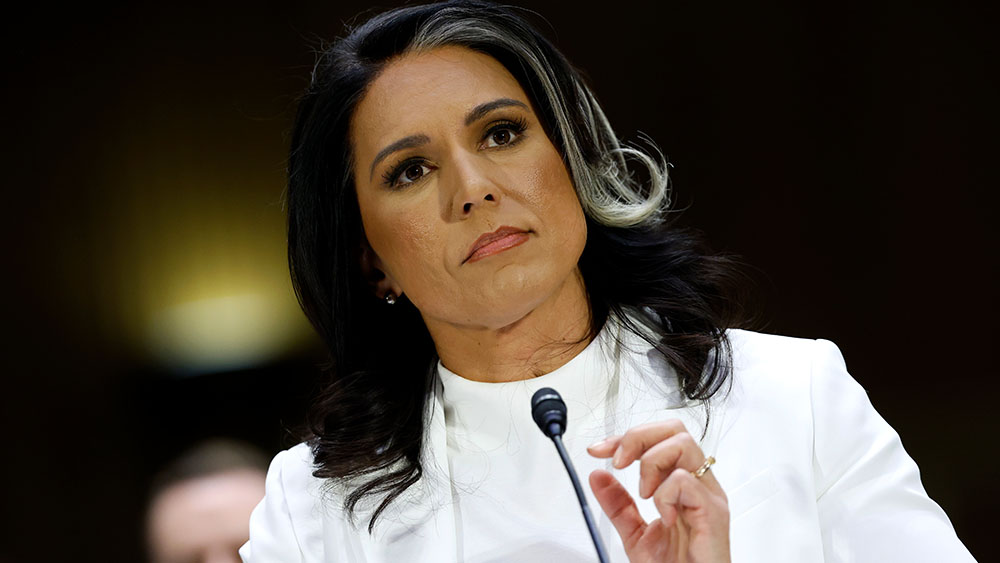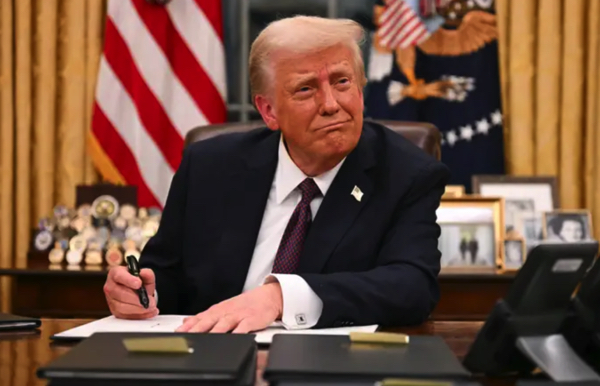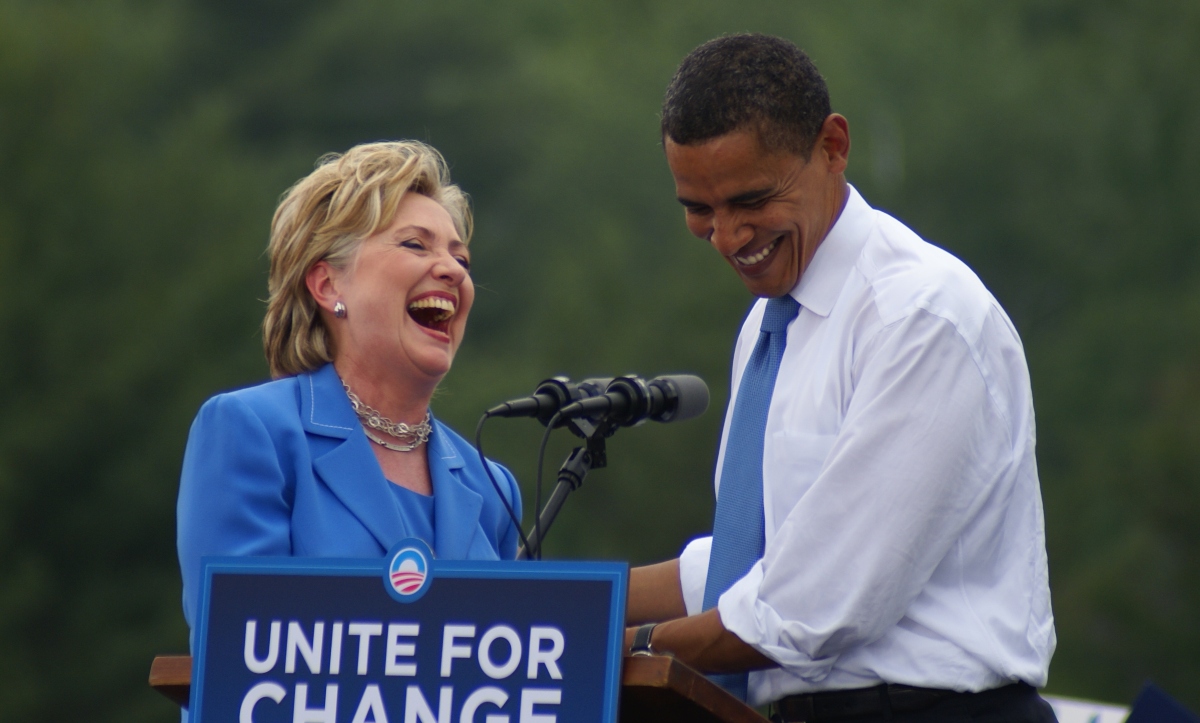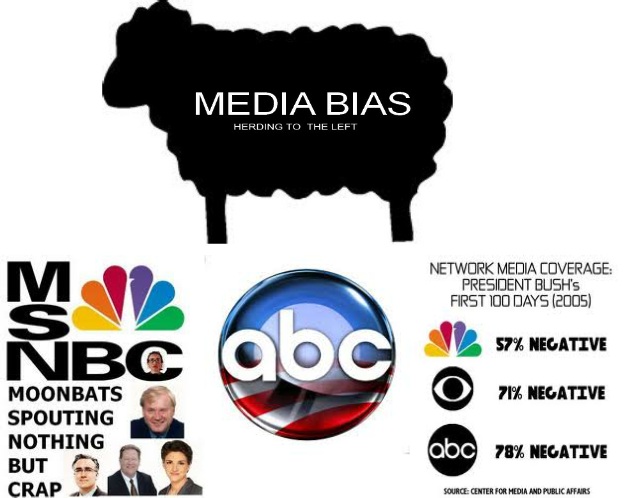Corporation for Public Broadcasting to shut down amid Trump’s funding cuts
08/05/2025 / By Belle Carter

- The Corporation for Public Broadcasting (CPB) will cease operations in early 2026 after losing federal funding under the Trump administration, marking a significant shift in public media.
- Established in 1967, the CPB has supported over 1,500 public TV and radio stations, ensuring access to high-quality, non-commercial programming that educates and informs the public.
- The Trump administration, citing alleged “bias” and “woke propaganda,” halted federal funding for CPB, affecting major broadcasters like PBS and NPR, despite widespread criticism from public media advocates.
- The U.S. House of Representatives approved a $9 billion cut to public media and foreign aid, including $1.1 billion for CPB, leading to warnings of layoffs and potential closures by PBS and NPR, which rely on CPB for substantial financial support.
- The Trump administration faces resistance, including a lawsuit against CPB board members refusing to resign, highlighting deep political divisions with Republicans celebrating the funding cuts as a long-sought victory.
The Corporation for Public Broadcasting (CPB), a cornerstone of American public media, announced on Friday, Aug.1, that it will cease operations in early 2026 after losing its federal funding under President Donald Trump’s administration.
The decision marks a significant shift in the landscape of public broadcasting, affecting major broadcasters like PBS and NPR, which have relied on CPB for substantial financial support.
The CPB, established by Congress in 1967, has been instrumental in supporting over 1,500 public television and radio stations across the United States. Its mission has been to ensure universal access to high-quality, non-commercial programming that educates, informs and enriches the public. However, the Trump administration’s staunch opposition to the CPB’s funding has led to its impending closure, citing alleged “bias” and “woke propaganda” in the outlets it supports.
The Trump administration’s decision to defund the CPB came to a head in May when the president signed an executive order to halt federal funding for NPR and PBS. The White House argued that these broadcasters received “millions from taxpayers to spread radical, woke propaganda disguised as ‘news’.” This move was met with widespread criticism from public media advocates, who argued that the CPB’s funding was crucial for maintaining a diverse and independent media landscape. (Related: Trump signs executive order defunding NPR and PBS.)
In June, the U.S. House of Representatives, led by the GOP, approved a $9 billion cut to public media and foreign aid, which included $1.1 billion in funding for the CPB over the next two years. Despite public outcry and efforts by millions of Americans who called, wrote and petitioned Congress to preserve the funding, the Senate Appropriations Committee declined to restore the funds on Thursday.
Impact on public media and emergency services
PBS and NPR, which have denied accusations of bias, have warned that the cuts could lead to layoffs and even potential closure. Both networks have emphasized the critical role they play in providing emergency warnings and alerts, which heavily rely on their infrastructure.
PBS, known for its educational programming like “Sesame Street,” reportedly receives 16 percent of its funding from the federal government. NPR, on the other hand, receives about one percent of its funds from federal sources annually, with an additional three percent indirectly from stations. The CPB has distributed more than $500 million each year to these and other local public radio and TV stations.
The Trump administration’s efforts to defund the CPB have not been without resistance. The administration has filed a lawsuit against three CPB board members who have refused to step down despite Trump’s orders for their removal. This legal battle underscores the deep political divisions surrounding the issue of public media funding.
Republicans have long sought to cut funding for public broadcasting, with Trump himself calling it a “waste of federal dollars.” In a July post on Truth Social, Trump celebrated the congressional vote, stating, “Republicans have tried doing this for 40 years, and failed… but no more. This is big!”
Watch the video below that talks about the cutting of federal funding for NPR and PBS.
This video is from the TrendingNews channel on Brighteon.com.
More related stories:
House passes $9.4 billion rescissions bill slashing NPR, PBS, USAID funding.
FCC chairman launches investigation into NPR and PBS over alleged commercial violations.
DOGE cancels 230 contracts worth $2.8 billion to cut waste, saves $407 million.
Sources include:
Submit a correction >>
Tagged Under:
biased, big government, CPB, defund, Journalism, left cult, Libtards, mainstream media, news cartels, NPR, PBS, political, progress, propaganda, public media, shut down, Trump, White House, woke, woke mob
This article may contain statements that reflect the opinion of the author
RECENT NEWS & ARTICLES
COPYRIGHT © 2017 PROPAGANDA NEWS



